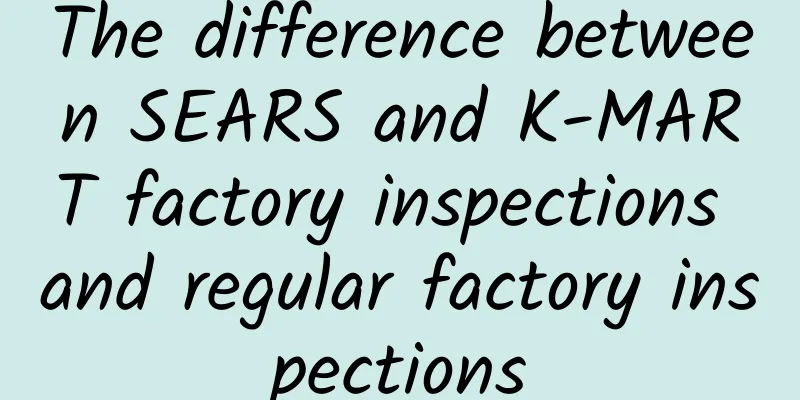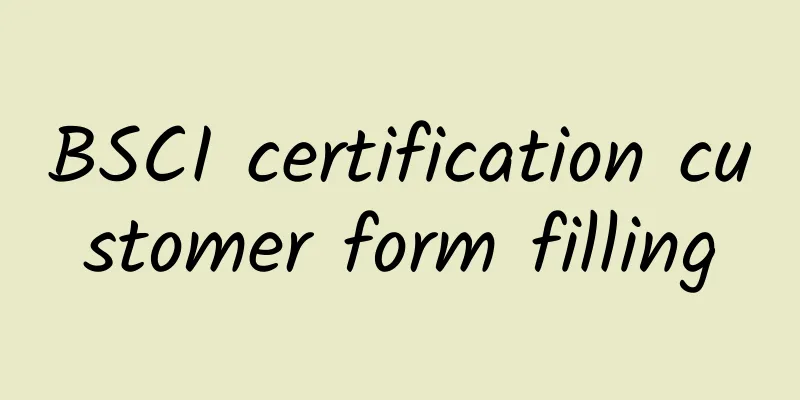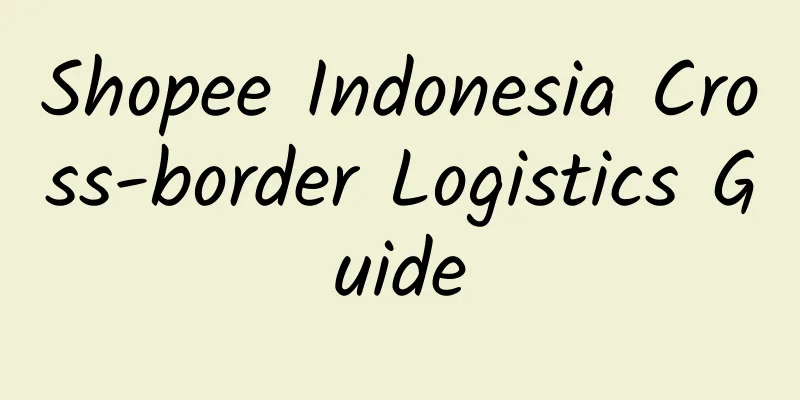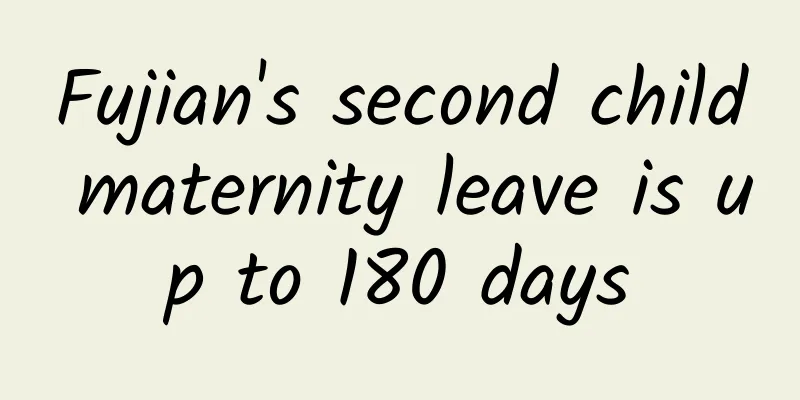ICTI certification faced by toy companies
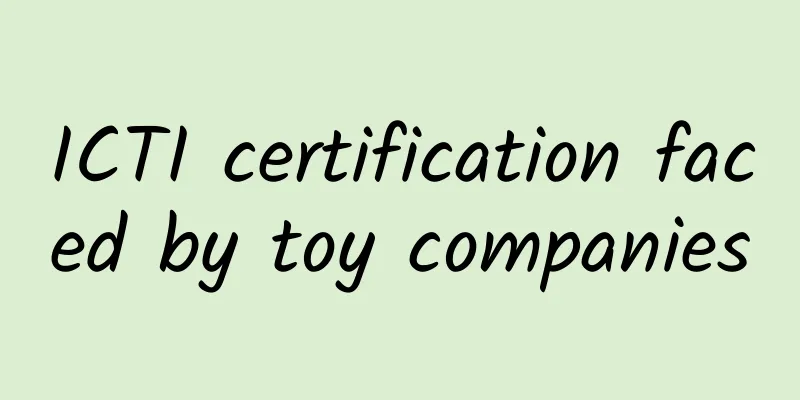
|
ICTI is the abbreviation of the International Council of Toy Industries. The "ICTI" code refers to the industry standards that the international toy industry must abide by. The International Council of Toy Industries pointed out that the background of the ICTI Code of Business Conduct for the international toy industry was that European and American sellers and consumers wanted to know that the toys they bought were made in an environment that met the requirements. The purpose of ICTI is to vigorously promote the business of toy manufacturers to meet social responsibility standards and meet legal, safe and hygienic requirements, which is extremely important for regulating corporate behavior. Its main content is to adhere to three principles: first, "three no-nos": no underage child labor, no forced labor, and no prisoner labor; second, "four no-nos": no gender, no race, no religion, no community affiliation; third, factories abide by environmental protection laws and regulations. The "three principles" reflect the manufacturers' respect for workers' human rights and personality, and their support for government laws and regulations. It is currently the only relatively comprehensive global toy industry business code. Toy companies: long-term benefits but short-term cost increases Inspection agency: Audit procedures are the "bottleneck" of promotion |
<<: Wal-Mart's factory inspections to combat discrimination
>>: Comparison between SA8000 and ISO standards
Recommend
Predictions for hot-selling products on major Ebay sites, useful information coming!
The markets of each major eBay site are different...
What eBay logistics methods can be used? How to choose eBay logistics methods?
What logistics methods can be used by eBay? 1. Se...
BRC Global Food Standard Form
The BRC Global Food Standard has six chapters, as...
What is IEN? IEN FAQs
What is IEN? IEN (Import Entry Number) refers to ...
What is Kankan.com? What content does Kankan.com have?
Kankan.com is a one-stop new media platform for t...
What is ECPP? What are the functions of ECPP?
What is ECPP? ECPP (Ecommerce Cloud Processing Pl...
What is Ifttt? What are the advantages and applications of ifttt?
Ifttt is the abbreviation of "if this then t...
Common chemical problems and solutions during BSCI factory audits (III) Chemicals left randomly on the ground
Problem phenomenon: Chemicals are placed everywhe...
What are the types of eBay ads? What are the techniques for placing eBay ads?
What are the types of eBay ads? 1. Promoted listi...
Chinese companies attach importance to social responsibility and green development
A survey report released by the Chinese Entreprene...
Corporate Social Responsibility Training - Interpretation of BSCI Articles [April 10, 2010]
Shanghai Chaowang Enterprise Management Consultin...
Fordeal Growth Law
What is Fordeal? Why can Fordeal continue to deve...
Shanghai Chaowang Quanzhou "Corporate Social Responsibility Audit" training successfully concluded
On May 27, 2012, the "Corporate Social Respo...
What is MyMall? What are the advantages of MyMall logistics?
What is MyMall? MyMall, as a strategic project of...
What is Tradesns? What are the advantages of Tradesns?
What is Tradesns? Tradesns uses the integrity of ...
